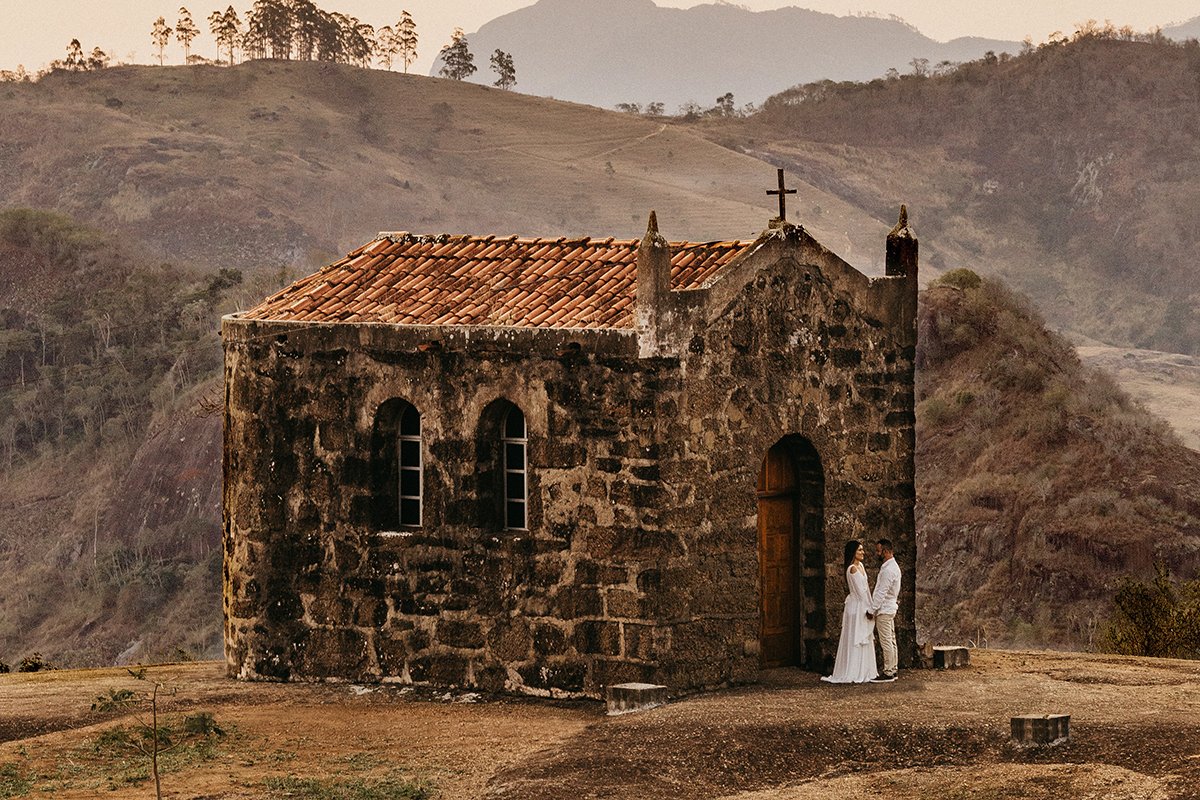Cities and Pasturelands Allotted to Levi
21 Then the heads of the fathers’ houses of the Levites came to Eleazar the priest and to Joshua the son of Nun and to the heads of the fathers’ houses of the tribes of the people of Israel. And they said to them at Shiloh in the land of Canaan, “The LORD commanded through Moses that we be given cities to dwell in, along with their pasturelands for our livestock.” So by command of the LORD the people of Israel gave to the Levites the following cities and pasturelands out of their inheritance.
The lot came out for the clans of the Kohathites. So those Levites who were descendants of Aaron the priest received by lot from the tribes of Judah, Simeon, and Benjamin, thirteen cities.
And the rest of the Kohathites received by lot from the clans of the tribe of Ephraim, from the tribe of Dan and the half-tribe of Manasseh, ten cities.
The Gershonites received by lot from the clans of the tribe of Issachar, from the tribe of Asher, from the tribe of Naphtali, and from the half-tribe of Manasseh in Bashan, thirteen cities.
The Merarites according to their clans received from the tribe of Reuben, the tribe of Gad, and the tribe of Zebulun, twelve cities.
These cities and their pasturelands the people of Israel gave by lot to the Levites, as the LORD had commanded through Moses.
Out of the tribe of the people of Judah and the tribe of the people of Simeon they gave the following cities mentioned by name, which went to the descendants of Aaron, one of the clans of the Kohathites who belonged to the people of Levi; since the lot fell to them first. They gave them Kiriath-arba (Arba being the father of Anak), that is Hebron, in the hill country of Judah, along with the pasturelands around it. But the fields of the city and its villages had been given to Caleb the son of Jephunneh as his possession.
And to the descendants of Aaron the priest they gave Hebron, the city of refuge for the manslayer, with its pasturelands, Libnah with its pasturelands, Jattir with its pasturelands, Eshtemoa with its pasturelands, Holon with its pasturelands, Debir with its pasturelands, Ain with its pasturelands, Juttah with its pasturelands, Beth-shemesh with its pasturelands—nine cities out of these two tribes; then out of the tribe of Benjamin, Gibeon with its pasturelands, Geba with its pasturelands, Anathoth with its pasturelands, and Almon with its pasturelands—four cities. The cities of the descendants of Aaron, the priests, were in all thirteen cities with their pasturelands.
As to the rest of the Kohathites belonging to the Kohathite clans of the Levites, the cities allotted to them were out of the tribe of Ephraim. To them were given Shechem, the city of refuge for the manslayer, with its pasturelands in the hill country of Ephraim, Gezer with its pasturelands, Kibzaim with its pasturelands, Beth-horon with its pasturelands—four cities; and out of the tribe of Dan, Elteke with its pasturelands, Gibbethon with its pasturelands, Aijalon with its pasturelands, Gath-rimmon with its pasturelands—four cities; and out of the half-tribe of Manasseh, Taanach with its pasturelands, and Gath-rimmon with its pasturelands—two cities. The cities of the clans of the rest of the Kohathites were ten in all with their pasturelands.
And to the Gershonites, one of the clans of the Levites, were given out of the half-tribe of Manasseh, Golan in Bashan with its pasturelands, the city of refuge for the manslayer, and Beeshterah with its pasturelands—two cities; and out of the tribe of Issachar, Kishion with its pasturelands, Daberath with its pasturelands, Jarmuth with its pasturelands, En-gannim with its pasturelands—four cities; and out of the tribe of Asher, Mishal with its pasturelands, Abdon with its pasturelands, Helkath with its pasturelands, and Rehob with its pasturelands—four cities; and out of the tribe of Naphtali, Kedesh in Galilee with its pasturelands, the city of refuge for the manslayer, Hammoth-dor with its pasturelands, and Kartan with its pasturelands—three cities. The cities of the several clans of the Gershonites were in all thirteen cities with their pasturelands.
And to the rest of the Levites, the Merarite clans, were given out of the tribe of Zebulun, Jokneam with its pasturelands, Kartah with its pasturelands, Dimnah with its pasturelands, Nahalal with its pasturelands—four cities; and out of the tribe of Reuben, Bezer with its pasturelands, Jahaz with its pasturelands, Kedemoth with its pasturelands, and Mephaath with its pasturelands—four cities; and out of the tribe of Gad, Ramoth in Gilead with its pasturelands, the city of refuge for the manslayer, Mahanaim with its pasturelands, Heshbon with its pasturelands, Jazer with its pasturelands—four cities in all. As for the cities of the several Merarite clans, that is, the remainder of the clans of the Levites, those allotted to them were in all twelve cities.
The cities of the Levites in the midst of the possession of the people of Israel were in all forty-eight cities with their pasturelands. These cities each had its pasturelands around it. So it was with all these cities.
Thus the LORD gave to Israel all the land that he swore to give to their fathers. And they took possession of it, and they settled there. And the LORD gave them rest on every side just as he had sworn to their fathers. Not one of all their enemies had withstood them, for the LORD had given all their enemies into their hands. Not one word of all the good promises that the LORD had made to the house of Israel had failed; all came to pass.
(ESV)
Joshua 21 Commentary
In Joshua 21, the Levite family heads approached the leaders of Israel to claim the cities and pasturelands God had promised through Moses. The Israelites, following God’s command, allotted 48 cities with surrounding pasturelands to the Levites, divided among their clans: the Kohathites, Gershonites, and Merarites. Several of these cities were designated as cities of refuge.
This chapter concludes with the affirmation of God’s faithfulness—He fulfilled every promise made to Israel, giving them the land, rest from their enemies, and victory on every side. Not a single word of His promises failed; everything came to pass.
Promises
“None of the good promises the LORD had made to the house of Israel failed. Everything was fulfilled.”
Joshua 21:45 CSB
God’s faithfulness shines brilliantly in Joshua 21. Verse 45 encapsulates the fulfillment of God’s promises to Israel, including the division of the land and providing the Levites with cities. Despite obstacles and self-inflicted setbacks by the Israelites, God remained true to His word, turning what seemed impossible into reality.
The journey wasn’t without its challenges. Israel’s faith wavered under Moses, and they faced battles under Joshua, but God proved steadfast. This statement of His faithfulness wasn’t instantaneous – it took years to come to fruition. Read that again. His promises took time. Israel had a lot to learn both about God and themselves.
We often struggle with impatience, expecting immediate answers to prayers and fulfillment of promises. Yet, God’s timetable is vastly different from ours. Sometimes, He is preparing others involved in His plan or developing our faith. His delays often serve a purpose: stretching us, deepening our trust, and anchoring our dependence on Him.
If you find yourself wandering in a desert, standing at the edge of your Jordan River, or battling in a war that feels overwhelming – hold tightly to this truth: God will fulfill His promises. He will bring to pass all He has said. Trust Him in the waiting, for His faithfulness never fails.
God Is Faithful, We Are Obedient
Let’s take a look back and review some of these great promises.
- The Promise of Land: (Gen 12:7) “The LORD appeared to Abram and said to him, “This is the country that I am going to give to your descendants.” Then Abram built an altar there to the LORD, who had appeared to him.”
- The Promise of Peace: (Deut 12:8-9) “When that time comes, you must not do as you have been doing. Until now you have all been worshiping as you please, because you have not yet entered the land that the LORD your God is giving you, where you can live in peace.”
- The Promise of Victory: (Jos 1:5) “Joshua, no one will be able to defeat you as long as you live. I will be with you as I was with Moses. I will always be with you; I will never abandon you.”
Despite Israel’s unfaithfulness, God was faithful. Consider the power in that statement. Even though we don’t do what He requires of us, He is true to His Word. Which is greater – your love for God or His love for you? It is because of that faithfulness that we are able to receive the power of obedience. Obedience is formed after years of watching God do exactly what He said He would. Not only that, these promises are not external to our best interests. They are personal promises spoken over humans.
Why? Because He loves us.
And herein lies an incredible diamond in the rough: our obedience is not the mechanical performance of a dog for its master, but the tender rhythm of a passionate love story.
It is the wayward son, weary and broken, squandering his inheritance in a distant land, only to find the Father running to meet him with open arms, a robe of grace, and a ring of restoration. It is the unfaithful bride, chasing fleeting affections, yet pursued and redeemed by her devoted husband, a covenant unbroken by betrayal.
It is the prophet trembling in fear, hiding in the wilderness, and hearing the gentle whisper of God’s voice calling him back to his purpose. It is Israel, trapped at the edge of the Red Sea, watching as the waters part and deliverance comes through impossible means.
It is Peter sinking beneath the waves of doubt, rescued by the swift hand of Christ. This obedience is not born of duty but of devotion, not performance but passion. It is the song of a heart redeemed and the dance of a soul set free, a love story where grace is the ink and joy is the melody.
God is faithful and He loves you. His promises are guaranteed. Live in those promises today!
“In the light of the Cross, is it not true that the enemy has no right to dwell in the land? Is it not true that Satan’s claim to your life was taken from him at Calvary? Is it not true that sin has no right to a foothold in the life of the child of God? Is it not true that Satan has no power in the presence of Omnipotence?
Is it not true that by virtue of His blood and His resurrection, Jesus Christ is pledged to destroy the enemy utterly? Is it not true that in the indwelling power of the Holy Spirit there is strength for every temptation, grace for every trial, power to overcome every difficulty?”
Alan Redpath




